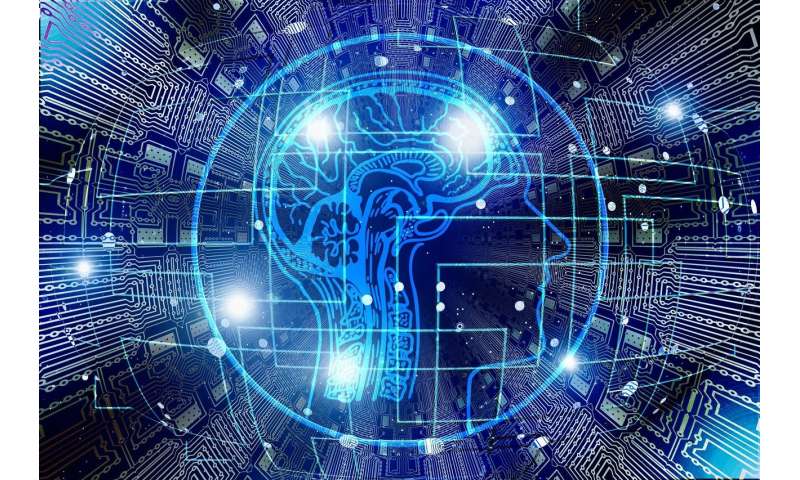Integrating domain science data with artificial intelligence

Artificial intelligence (AI) has the potential to transform all areas of science, energy, and security.
As part of the Cancer Distributed Learning Environment (CANDLE) project, Neeraj Kumar and his team, in collaboration with Argonne National Laboratory, developed a method to improve the AI-based prediction of drug responses during cancer treatment. He presented his results at the Platform for Advanced Scientific Computing (PASC) Conference on June 3 in Zurich, Switzerland.
In his talk, titled "Foundation Models and Large-Scale Workflow for Cancer Comparing Metrics for Machine learning Models," Kumar described the Comparison Workflow for Cross Validation (CMP-CV) framework, which standardizes the training and evaluation of multiple deep learning models.
"Variations in how deep learning models are crafted, trained, and tested make direct comparison difficult," said Kumar. "The CMP-CV framework enables scientists to make this comparison, leading to the development of better models, such as those that can accurately predict drug responses."
Kumar also participated in a panel discussion, where he spoke about the uses of AI in personalized medicine to build cancer digital twins.
"The integration of AI, co-design, and computing helps scientists address grand challenges, like those in human health," said Kumar. "In the future of personalized medicine, AI can create digital replicas of individual patients to empower doctors to tailor treatments with precision, optimizing outcomes and transforming health care."
As the AI revolution continues to unfold, Kumar's work underscores the immense potential for AI to transform scientific discovery on a global scale. By fostering collaborative research and transcending domain boundaries, Kumar is at the forefront of the technologies accelerating the translation of scientific insights into real-world solutions.
His recent involvement in co-organizing the Trillion Parameter Consortium (TPC) European Workshop in Barcelona further demonstrates Kumar's commitment to advancing science and engineering through large-scale models, co-design, and cutting-edge computing systems. The workshop began with a tutorial on large language models (LLMs), retrieval-augmented generation (RAG), and AI agents, where Kumar provided deep insights into the expansive applications and development of LLMs within the scientific community. PNNL atmospheric scientist Po-Lun Ma also participated in this workshop by giving a lightning talk on data challenges from climate science.
Kumar's leadership extends beyond his research endeavors. He serves on the leadership team of the Center for AI @PNNL, which drives strategic initiatives and shapes the future direction of AI research at the laboratory. The Center is a crucial component in supporting the Department of Energy's proposed Frontiers in Artificial Intelligence for Science, Security and Technology (FASST) initiative, which will drive advances in AI-ready data, frontier-scale compute, and safe, secure, and trustworthy models, thereby accelerating discovery in science, security, and technology.
Provided by Pacific Northwest National Laboratory